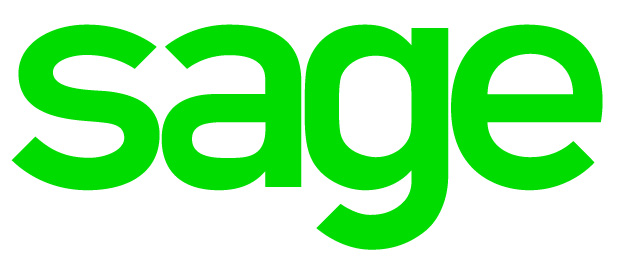HMRC and the National Minimum Wage rates
Readers are reminded that from 1 April 2019, the National Living Wage (NLW) and National Minimum Wage (NMW) hourly rates increased to:
- 25 and over – £8.21
- 21 to 24 – £7.70
- 18-20 – £6.15
- Under 18 £4.35
- Apprentices £3.90
Workers who are entitled to receive these rates as a minimum include:
- part-time
- casual labourers, for example someone hired for one day
- agency workers
- workers and homeworkers paid by the number of items they make
- apprentices
- trainees, workers on probation
- disabled workers
- agricultural workers
- foreign workers
- seafarers
- offshore workers
Workers who are not necessarily, entitled to the NLW ort NMW include:
- self-employed people running their own business
- company directors
- volunteers or voluntary workers
- workers on a government employment programme, such as the Work Programme
- members of the armed forces
- family members of the employer living in the employer’s home
- non-family members living in the employer’s home who share in the work and leisure activities, are treated as one of the family and are not charged for meals or accommodation, for example au pairs
- workers younger than school leaving age (usually 16)
- higher and further education students on a work placement up to 1 year
- workers on government pre-apprenticeships schemes
- people on the following European Union (EU) programmes: Leonardo da Vinci, Erasmus , Comenius
- people working on a Jobcentre Plus Work trial for 6 weeks
- share fishermen
- prisoners
- people living and working in a religious community
These rates are not advisory, where they apply, they are compulsory
Responsibility for monitoring that employers “obey” the NLW and NMW regulations falls on HMRC, and they have specific powers to enforce and punish business owners that fail to pay their staff the statutory rates set out above.
On their website, HMRC say:
It’s a criminal offence for employers to not pay someone the National Minimum Wage or National Living Wage, or to fake payment records.
Employers who discover they’ve paid a worker below the correct minimum wage must pay any arrears immediately.
HMRC officers have the right to carry out checks at any time and ask to see payment records. They can also investigate employers if a worker complains to them.
If HMRC finds that an employer has not been paying the correct rates, any arrears have to be paid back immediately. There will also be a fine and offenders might be named by the government.
It’s the employer’s responsibility to keep records proving that they are paying the minimum wage – most employers use their payroll records as proof. All records have to be kept for 3 years.
As these rates change annually, it is imperative that employers affected by these regulations review their payroll systems to ensure they are paying the correct amounts and keeping records in the correct format.
Latest News
- More regulation for trader recommendation sites - July 23, 2024
- Back to work plan - July 22, 2024
- How will Rachel Reeves change UK taxation? - July 18, 2024
- Government is using AI - July 16, 2024
- Remember to pay your Class 1A NIC - July 11, 2024
- Beware business rates appeals deadlines - July 9, 2024
- Tax Diary July/August 2024 - July 5, 2024
- Filing your tax return early - July 5, 2024






